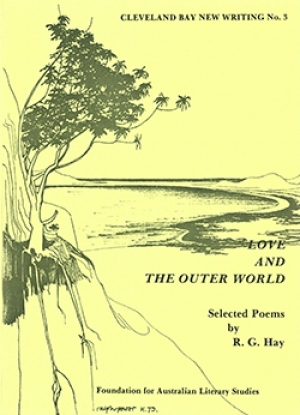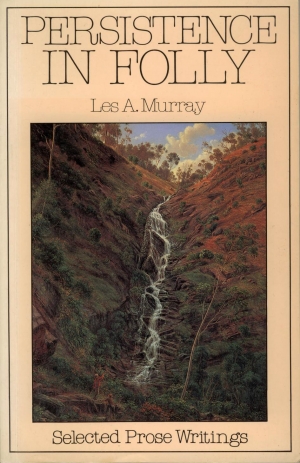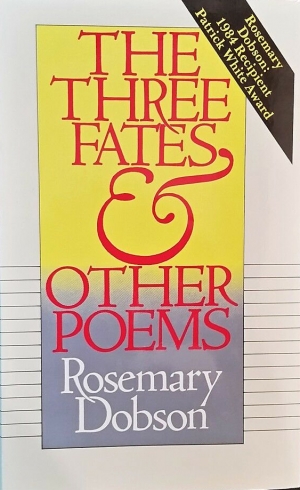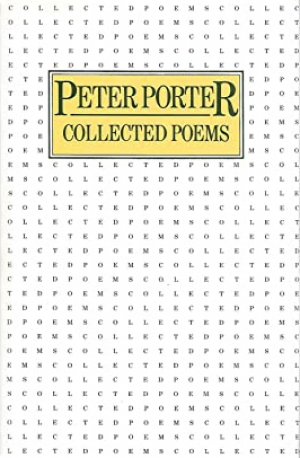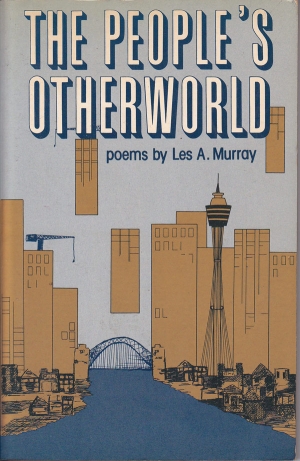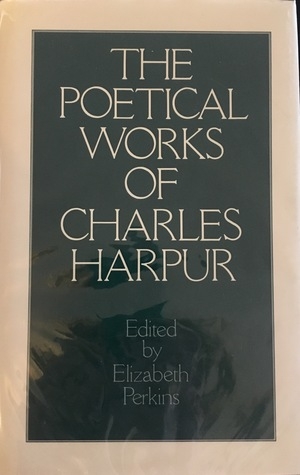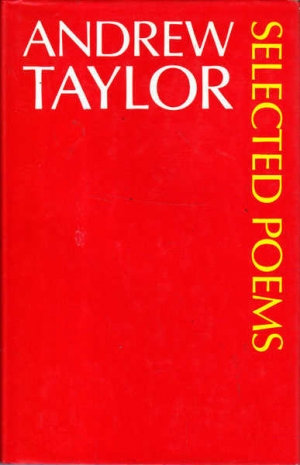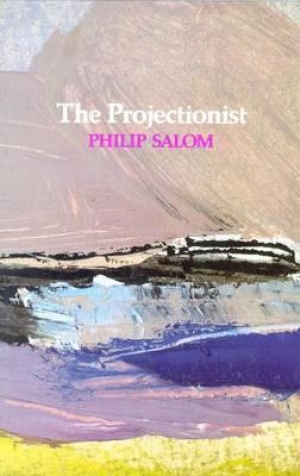Poetry
Evan Jones reviews 'The Typewriter Considered As Bee-trap' by Martin Johnston and 'Fast Forward' by Peter Porter
I have sat on these books longer than is reasonable for a review, yet have to confess that I am not satisfied with the readiness of what follows. I got the Porter first, but receiving the Johnston thought that they in some ways offered similar difficulties, perhaps similar rewards, to the reader, and that it might be neat to review them together.
... (read more)On page 87 of Michael Sharkey’s The Way It Is, there is a photograph of the poet reading the National Farmer (a weekly rural newspaper), which shows what happens when you lock up the well-read in a small rural town. Armidale mightn’t Pontus or Bandusia, and you don’t have to have crossed Augustus or have been befriended by Maecenas to get there, but once you are, it certainly changes your idea of ‘the way it is’. Drought, rain, frost, journeys, and drunkenness, obsession with the weather in general, and an almanac of solar and lunar occurrences becomes the raw material of your verse – as it was for those other rural exiles in the Tang dynasty, Li Po and Tu Fu.
... (read more)Nancy Keesing reviews 'Love and the Outer World: Selected poems' by R.G. Hay
It was my good fortune to be born into a family for whom books and paintings had a central place. My parents subscribed to an excellent lending library and were adventurous readers of novels. During the Depression they could not often afford to buy a painting, but they went to art shows and Sunday visits to the Art Gallery of New South Wales were frequent in my childhood.
... (read more)The heat of recent controversy in Australia about the meaning and value of multiculturalism in education, in history and in society at large is an indication of the tenacity with which a dominant culture, in this case that of British Australia, clings to its privileges.
... (read more)Philip Martin reviews 'The Three Fates and Other Poems' by Rosemary Dobson
Sometimes I’ve written reviews ‘because I was invited’, or felt I should. But this is a book I really want to review. And I wasn’t invited: I applied for the job. For close on thirty years I’ve been grateful to Rosemary Dobson, especially for her third book, Child with a Cockatoo (1955), the one through which I came to know her work. Her latest, despite obvious continuities, gives a rather different kind of pleasure, and new reasons for gratitude.
... (read more)It is a brave thing to publish your Collected Poems in your early fifties, braver when you are an Australian resident in England publishing there, and a loading might be put on for additional hazard when, like Peter Porter, you are poetry editor both for Oxford and for The Observer. For, when it comes to Collected Poems, it is your very influence that makes you vulnerable.
... (read more)What is more common than the indicative mood, and what is more uncommon than the way Les Murray uses it? His Christian finger ‘scratches the other cheek’ (‘The Quality of Sprawl’) but more often points out tracks seen from the air, but invisible on the ground: a hibiscus becomes ‘the kleenex flower’ (‘A Retrospect of Humidity’); the shower an ‘inverse bidet,/ sleek vertical coruscating ghost of your inner river’ (‘Shower’); a north-coast punt ‘just a length of country road / afloat between two shores’ (‘Machine Portraits with Pendant Spaceman’). You see it in his use of the demonstrative pronoun – ‘this blast of trance’ (‘Shower’); the definite article – The man imposing spring here swats with his branch controlling it’(‘The Grassfire Stanzas’)’; the deictic use of ‘I’ and ‘we’ to get his readers looking in the same direction as he points out where we are and where we’ve come from – ‘So we’re sitting over our sick beloved engine / atop a great building of the double century / on the summit that exhilarates cars, the concrete vault on its thousands / of tonnes of height, far above the tidal turnaround’ (‘Fuel Stoppage on Gladesville Road Bridge in the Year 1980’).
... (read more)Judith Wright reviews 'The Poetical Works of Charles Harpur' edited by Elizabeth Perkins
It is 116 years since Charles Harpur, Australia’s first poet of real eminence, died with his own collection of his works unpublished. Except for a couple of small selections – the most recent of which, made by Adrian Mitchell in 1973 and containing only about 120 pages of the poetry, was the most comprehensive – and the infamously corrupt 1883 ‘collection’, it has remained so. This has been a blot on the reputation of Australian critical and academic workers and a loss not only to Australian literature but to Australian history. Now Elizabeth Perkins, of the English Department of James Cook University, has handsomely remedied a long injustice.
... (read more)Andrew Taylor’s Selected Poems opens with rain and a quote from Rilke’s first elegy, collects new poems from 1975–80, touches his The Cool Change (1960–70), Ice Fishing (1970–72), and The Invention of Fire (1973–75), and ends with an epilogue the final image of which is a night watchman whittling a wooden deify which ‘Glows like a storm lantern / burning all night’. It’s night and the poet has gone to bed and closed the shutters, and the nightwatchman of the subconscious gets to work.
... (read more)The Fremantle Arts Centre Press is an example of what a state-oriented press can do. Under intelligent guidance and with sympathetic but not irresponsible state funding assistance, it has now established a solid reputation for publishing goodlooking and worthwhile books. If west coast writers are now better known in the east than they were several years ago, this is only partly due to their qualities as writers, good though some of them undoubtedly are. It is also because the Fremantle Arts Centre Press has actively encouraged and promoted west coast writers, giving them the confidence that only professional book publication can.
... (read more)

